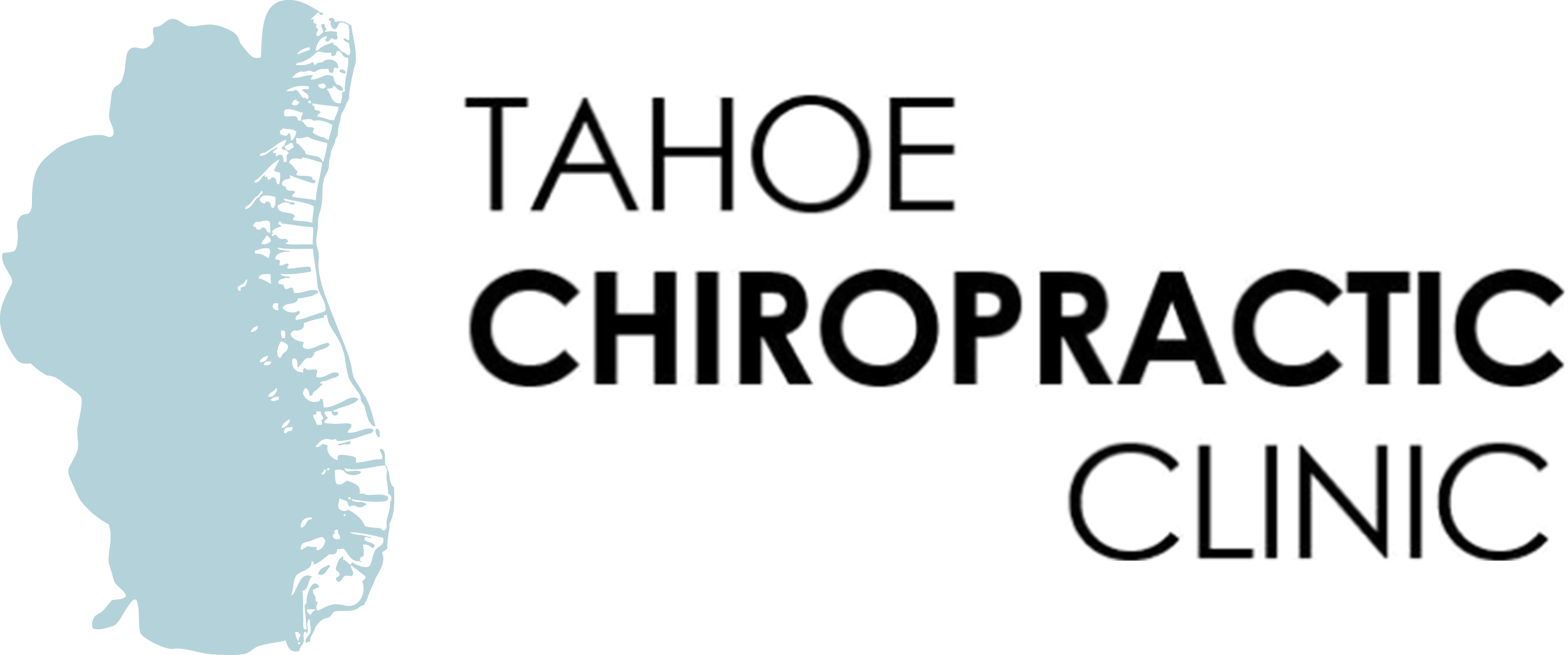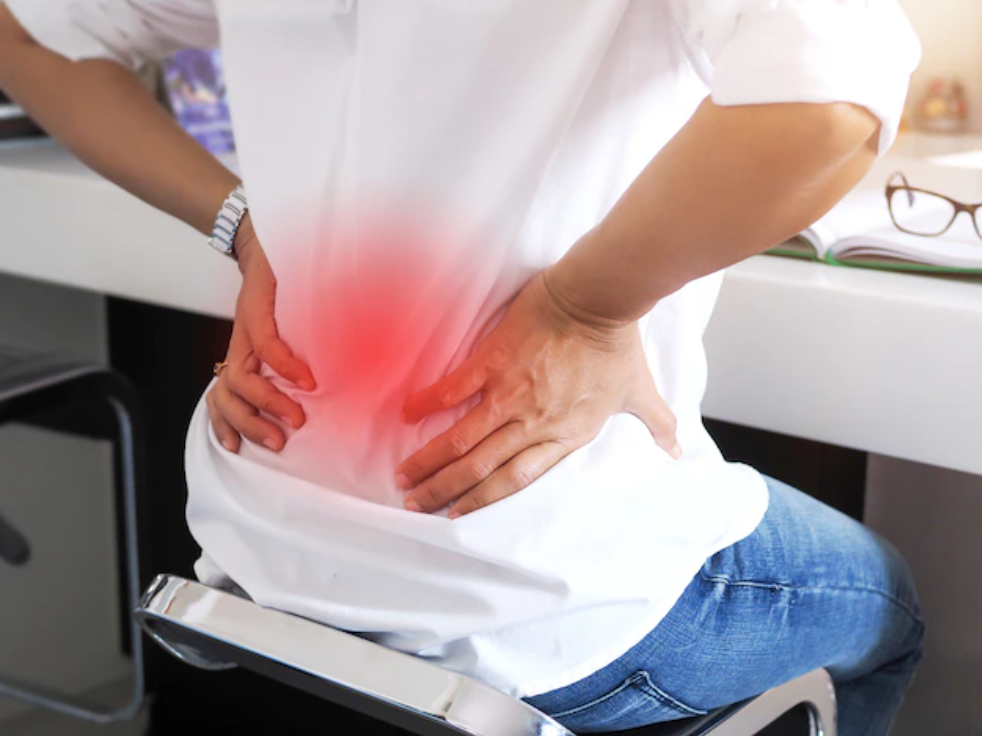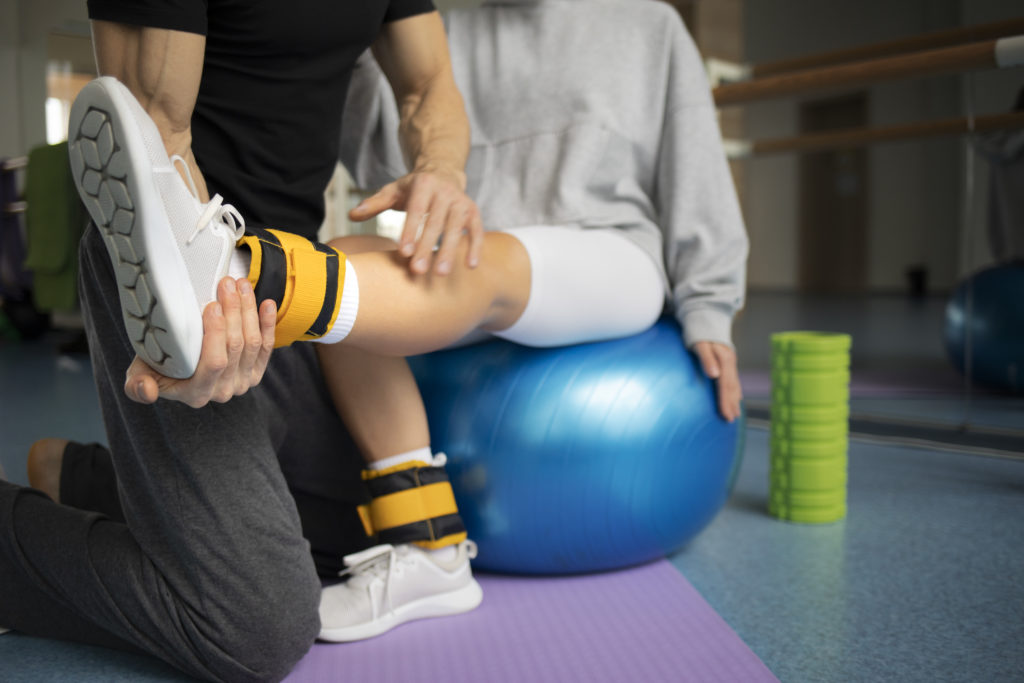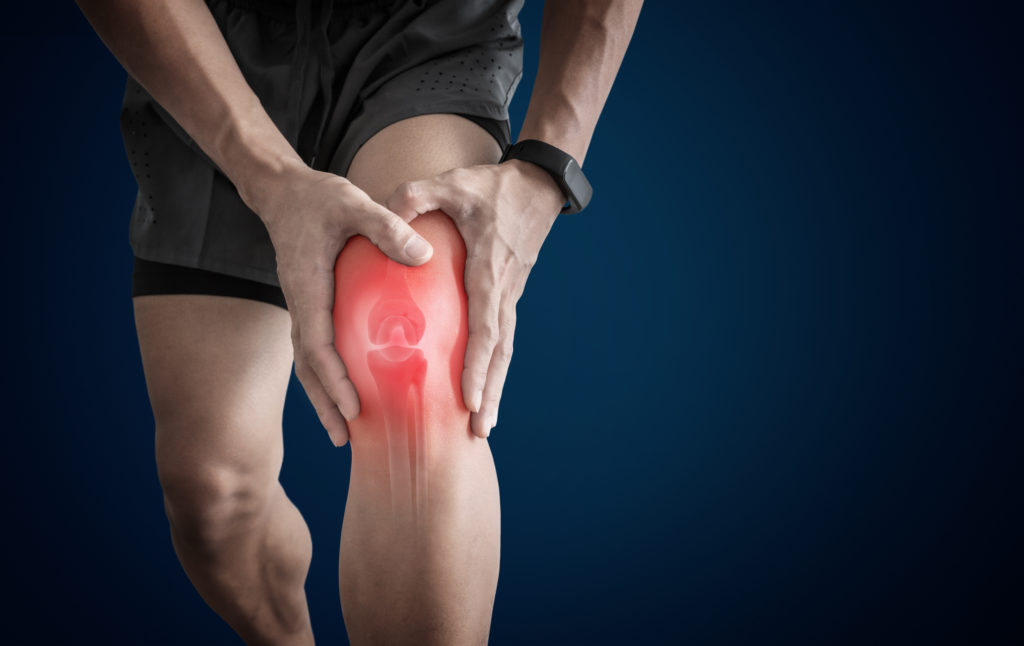A disc herniation occurs when the inner, jelly-like material of the disc bulges out through a tear in the outer wall. Disc herniation is a condition that affects the discs in your spine. The discs are the cushions between the vertebrae, and they act as shock absorbers. Each disc has a tough outer layer and a soft inner core. If the outer layer tears, the inner core can bulge out and press on the nerves nearby. This can cause pain, numbness, or weakness in your legs or arms.
A disc herniation is also called a slipped disc or a ruptured disc. Disc herniations are fairly common. They often happen when you lift something heavy or put stress on your back. But they can also occur due to aging or wear and tear on the discs. Disc herniations are fairly common, and they can occur at any age. However, they are most likely to occur in people between the ages of 30 and 50.
The most common symptom of disc herniation is pain. This pain can be either sharp or dull. It may radiate from the affected area and into the legs or arms. Other symptoms may include numbness, weakness, and tingling sensations. If you think you may have a disc herniation, it is crucial to see a doctor for an accurate diagnosis.
What Causes Herniated Disc?
Herniated discs can herniate anywhere along the spine. The condition is typically caused by degeneration over time which weakens ligaments that hold together your spinal cord’s individual segments (discs). This allows for some minor trauma or stretching action throughout daily life – even if you’re otherwise healthy.
In most cases, a herniated disc is the result of a combination of these factors. When a disc becomes herniated, it can put pressure on nearby nerves, leading to pain, numbness, and weakness. In severe cases, a herniated disc can cause paralysis. Treatment for a herniated disc typically involves rest, pain relief, and physical therapy.
What are the Symptoms of Herniated Disc?
Herniated discs most commonly occur in the lower back, but they can also occur in the neck and other parts of the body. Symptoms of a herniated disc vary depending on the location of the herniation. For example, a herniated disc in the lower back may cause pain that radiates down the leg. A herniated disc in the neck may cause pain that radiates into the arm. Additionally, many people with a herniated disc report experiencing general back pain and muscle spasms.
In some cases, a person will have no symptoms. However, common symptoms can include the following:
- Numbness or tingling: When the disk presses on the spinal cord, it can cause pain to
shoot down one arm and then the other side of your body, this is called radiculopathy.
- Muscle weakness: Herniated disks can cause a variety of symptoms, including weakness
in the muscles connected with them. This leads to stumbling when walking and other balance problems.
- Arm or leg pain: Pain in the lower back is one of those common symptoms that can be
attributed to a herniated disk.
Additionally, patients sometimes report calf tenderness too because these symptoms often come along with inflammation-related nerve damage.
How can you Avoid Getting a Herniated Disc?
One of the most common causes of back pain is a herniated disc. This occurs when the outer layer of the disc ruptures, allowing the inner gel to leak out. By following these simple tips, you can help to prevent a herniated disc from developing.
- Using Proper Lifting Techniques
Keep your back straight and bend the knees while supporting weight with one leg. Use strong thigh muscles to help bear down firmly on both feet simultaneously.
- Maintaining a Healthy Weight
The lower back is a very important area of the body. If you carry extra weight, it puts pressure on this vital region and can lead to pain in other places as well.
- Practicing Good Posture
Good posture is more than just looking confident and standing up straight. It’s about aligning your bones and muscles properly to reduce the strain on your body. When you practice good posture, you’re less likely to suffer from pain in your back, neck, and shoulders.
- Stretching
Keeping your body active and stretching helps keep you healthy. Stretching breaks are especially important if you often sit for long periods of time.
- Exercising Regularly
Focus on strengthening exercises that target your back and abdomen muscles to help support the spine.
Herniated Disc Treatment in South Lake Tahoe
A herniated disc can be a very painful condition, making it difficult to perform everyday activities. Fortunately, there are several treatment options available to help ease the pain and encourage healing. One of the most common treatments is chiropractic care.
Chiropractors in South Lake Tahoe use a variety of techniques to realign the spine and relieve pressure on the discs. They may also recommend specific exercises to help strengthen the muscles around the spine and improve flexibility.
Chiropractic Care for Your Herniated Disc in South Lake Tahoe
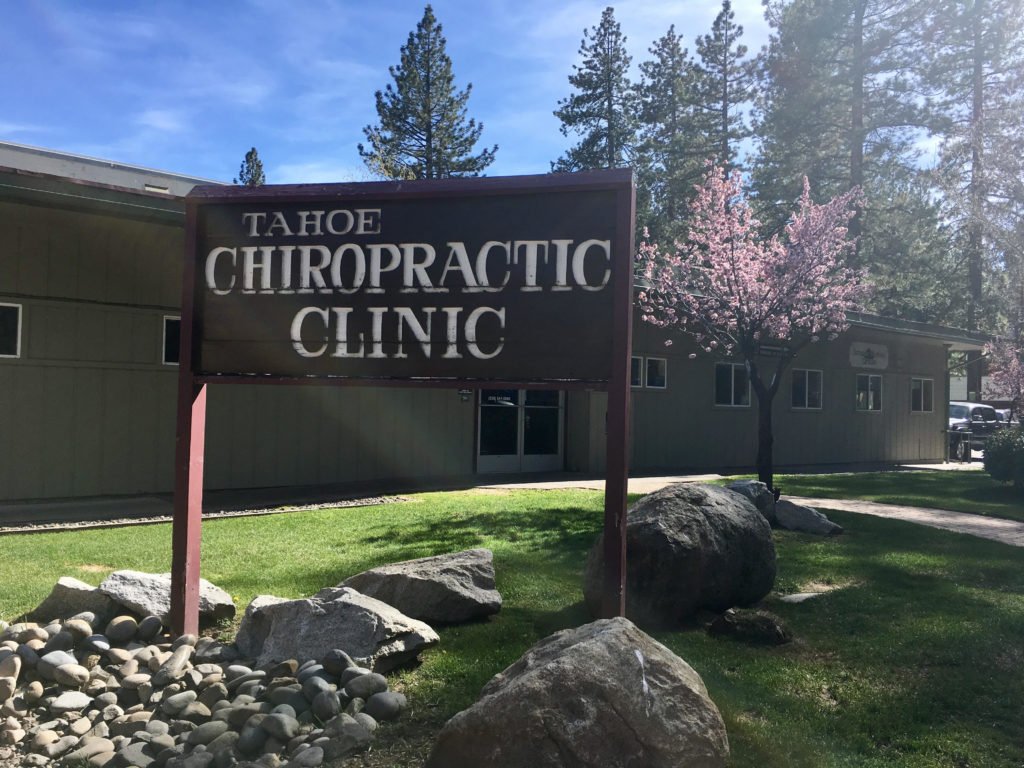
Herniated discs are a common spinal injury, and can cause pain and other problems if left untreated. Chiropractic care at Tahoe Chiropractic Clinic in South Lake Tahoe is an effective treatment for herniated discs and may provide relief from symptoms without the need for surgery.
If you are suffering from a herniated disc, it is important to seek chiropractic care as soon as possible. Chiropractors in South Lake Tahoe use a variety of techniques to relieve pressure on the spinal cord and reduce inflammation around the disc.
